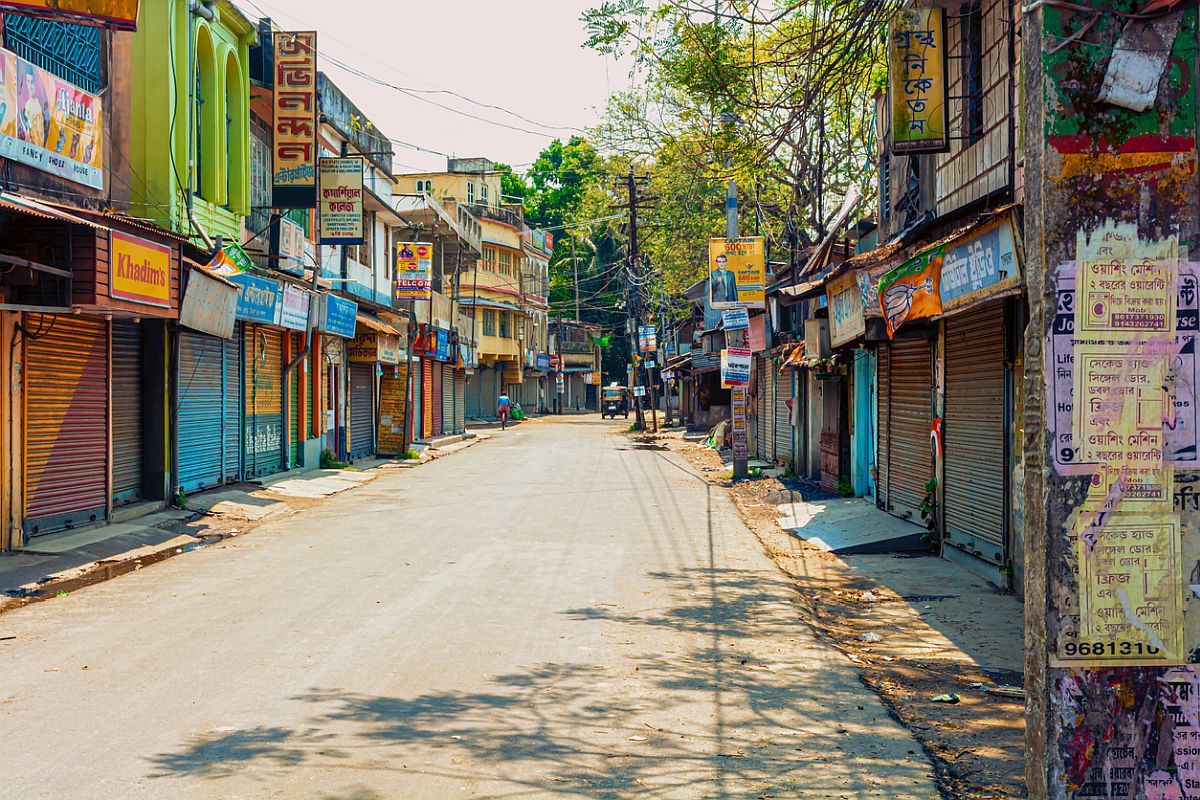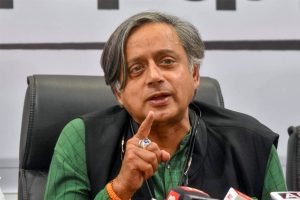The lockdown in West Bengal has had a quirky effect. Adda for Bengalis has become an endangered cultural heritage.
For all the consolation that social distancing has had a positive effect, there is now a degree of ambiguity and uncertainty over whether the quintessential Bengali legacy is likely to survive. Addas of Kolkata are famous for their cultural and political discourse.
Advertisement
Amazingly, in any other city in India perhaps nobody talks so much of politics at addas except in Kolkata where over a cup of tea people do not engage in frivolities but on serious matters relating to either politics or sports. The number of adda politicians, so-called, had dwindled during the Emergency when a political discussion could land one in jail. But such politicians were back on the scene ever since the radical concept of dialectic materialism began to have a say in the running of the nation. That adda or the seemingly endless informal conversation is a rich Bengali legacy cannot be refuted. The quintessential Bengalis have always fostered their fondness for debates and brainstorming sessions rolled into adda.
Whether in one’s locality or the Coffee House or for that matter on the first floor of Basusree cinema, adda was once integral to the city and the Bengali ethos. It symbolised an intellectual exchange of views. It maintained cultural diversity in the face of growing globalisation. Apart from the cultural manifestation, the wealth of knowledge and skill that is transmitted from one generation to another could hardly be ignored. Adda is an urban heritage. Sudhindranath Dutta’s Parichay Adda in the 1930s and 1940s has been published in the form of a diary. Bishnu Dey, Samar Sen, Sushobhan Sarkar and Hiren Mukerjee put forward their perceptions on a variety of issues in course of animated addas. Nirad C Chaudhuri debunked such addas in The Autobiography of an Unknown Indian as symptomatic of a deep and continuing malaise in the Bengali psyche. Satyajit Ray’s Agantuk shows his love for adda. A documentary on the subject made by Surja Deb and Ranjan Palit won the Golden Palme Award at the Mexico International Festiva in 2012.
Whether it is a rendezvous or an adda, the pleasure of being a part of it remains an attractive preoccupation for Bengalis. The Greeks initiated the practice of freewheeling discussion; the French took it to the level of a fine art; the Bengalis came to be responsible for a cult following of this deliciously indolent preoccupation. More often than not, conversations would start on anything under the sun on a roak or on the rooftop or a terrace of a house, but mostly at the tea stall in the corner of the street. It has been claimed that this sort of conversation not only helped the Bengal Renaissance to accelerate its pace but also proved to be its cultural soul. However, adda is not location-specific. Neither does it have a stipulated hour, a beginning or an end. Intellectual discussions on the latest international issues qualify as adda. Every speaker seems to be the boss of the moment, holding forth on topics pertaining to politics, society and sports with equal ease. Sometimes, it is a platter of food in front that generates enthusiasm at an adda. But, in fact, the original inspiration comes from the traditional chai ~ singara or jhal muri. However, at the in-house adda around the dining table, discussions are at their peak over luchi-aalurdam or ghugni.
The seriousness of the topics can address any problem ranging from Covid to Kashmir. Everyone seems to have the expertise on the way the things should be dealt with. The resolution always remains to be reached ~ whether Sachin was the best batsman or it was Lara. What do young people talk of when they spend hours in idle chatter? In the course of an adda, teenagers have the opportunity to sort out solutions to their problems relating to their studies, home, love affaird and so on. On campus addas invariably centre around the ways and gestures and even the private lives of teachers, proposed solutions to union-related problems, strategies in regard to different college competitions and festivals. Addas are an ideal setting to develop one’s mass communication skills. It could also teach one the fundamental values of adjusting with friends, remaining united against all odds, tiding over one another’s difficulties, taking the responsibility of maintaining the goodwill of the group, lessons on punctuality and so on.
Above all, it develops the quality to work and think together. Even plain gossip could be enlightening. Be it the latest India-China conflict or the update on Salman Khan’s girlfriend, participation in an adda is the surest way to be informed and update one’s knowledge base. The importance of adda also lies in maintaining cultural diversity in the face of the emerging globalisation. Apart from the cultural manifestation, the wealth of knowledge and skills that is transmitted from one generation to another cannot be relegated to the background. The lockdown period could not mar the auspicious month of Ramzan when, after the prayers, the entire family sat together for iftar.
Sometimes at the end of the day, the family would be riveted to the happenings of the day rather than the dish. A shared meal is, no doubt, a healthy habit to strengthen family bonding. Hopefully, the lockdown and social distancing may not take Bengalis away from the lure and charm of adda. Also, the romanticism of adda is not likely to erode with time due to the breakneck culture of the day and the relentless attack of modern WhatsApp life. The secret behind the delectable adda is likely to remain not in the muri and tea but in the absorbing adda.
(The writer is former Associate Professor, Department of English, Gurudas College, Kolkata. He is presently associated with Rabindra Bharati University)











